If My Hero Academia Feels Similar to Haikyu to You, We Promise - You're Not Crazy
Kohei Horikoshi's My Hero Academia stands as one of the leading anime in the shōnen genre, while Haikyu by Haruichi Furudate is among the most popular sports anime ever released. The manga for both series has concluded, with their final installments for the anime currently in the works and set to be released soon. Despite belonging to entirely different genres, both shows share profound and strikingly similar traits.
The journeys of Izuku Midoriya and Hinata Shoyo are somewhat similar, as both work tirelessly to achieve their dreams. While the obstacles they face and the friends and rivals they encounter along the way share a similar tone, there is one special trait in both anime that makes them feel reminiscent of each other. This wholesome, similar vibe in both anime can be credited to Yuki Hayashi.
The Similarity Between My Hero Academia and Haikyu Lies in Yuki Hayashi's Masterful Soundtrack Composition
Yuki Hayashi Is a Renowned Composer for Many Anime
The soundtrack plays a crucial role in shaping an anime or any form of television, amplifying moments to an extraordinary level. Both My Hero Academia and Haikyushare a narrative direction focused on inspiring viewers, making the soundtrack an essential element of their storytelling. Yuki Hayashi, the composer for both series, excels at perfectly aligning the music with each scene, adding an uplifting quality that resonates deeply with viewers and motivates them on an emotional level.
This specific element crafted by Hayashi for Haikyu and My Hero Academia can sometimes feel reminiscent of each other, immersing viewers and leading them to think they are experiencing the same anime. This is particularly true for the somber tones that elevate the emotional impact of a scene. The elements used in the soundtracks, especially the drums and piano, often follow a pattern that triggers a sense of nostalgia for those familiar with Hayashi's work. However, the composer's true highlight lies in another element.
How Yuki Hayashi Distinguishes My Hero Academia And Haikyu's Sound Compositions
His Distinct Violin Compositions Stand Out In Both Works
The violin instrumental stands out as Yuki Hayashi's signature trait in his sound compositions. However, there is a key difference between the soundtracks of My Hero Academia and Haikyu. My Hero Academia makes extensive use of drums, perfectly aligning with the series' core motive of inspiring viewers, while Haikyu leans into somber tones that emphasize the slice-of-life elements of the anime.
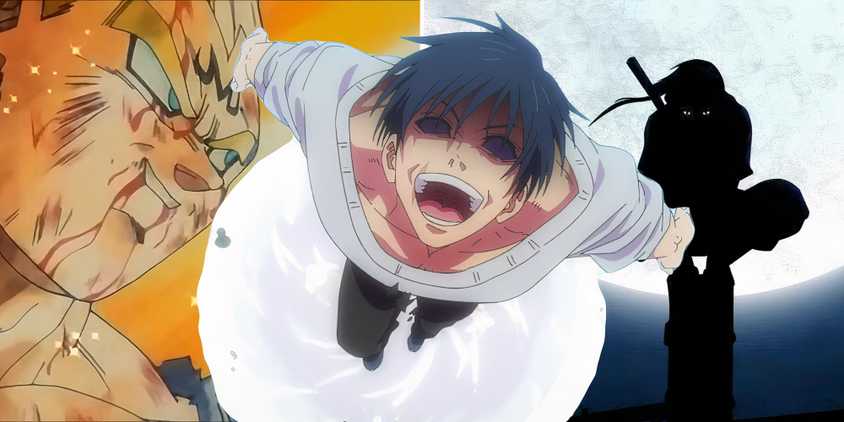
10 Best Anime like My Hero Academia
My Hero Academia is a staple of modern shonen, showcasing incredible powers, deep friendships, and a main character who doesn't know how to quit
The song that perfectly bridges Yuki Hayashi’s compositions for My Hero Academia and Haikyu is the former’s core track, "You Can Become a Hero," and the latter's "Akogare." Both soundtracks showcase Hayashi’s masterful use of the violin, culminating in a strikingly similar bridge. This subtle yet impactful detail is bound to heighten the viewer's attentiveness while watching Haikyu and My Hero Academia, inviting comparisons between the two while also highlighting the powerful, emotive energy that Hayashi consistently brings to his compositions.
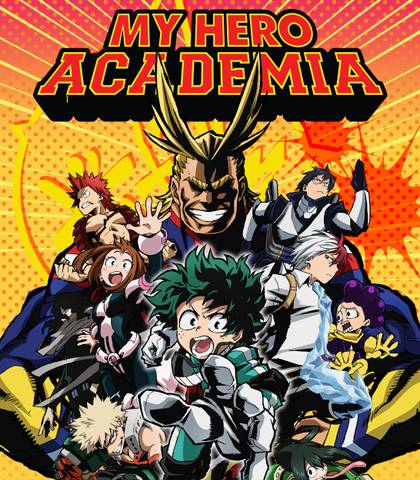
- Movie(s)
- My Hero Academia: Two Heroes (2018), My Hero Academia: Heroes Rising (2019), My Hero Academia: World Heroes' Mission (2021)
- First Film
- My Hero Academia: Two Heroes (2018)
- Cast
- Daiki Yamashita, Kenta Miyake, Nobuhiko Okamoto, Ayane Sakura, Yûki Kaji, Aoi Yuki, Kaito Ishikawa, Toshiki Masuda, Marina Inoue, Yoshimasa Hosoya
- TV Show(s)
- My Hero Academia
- Video Game(s)
- My Hero Academia: Battle for All, My Hero One's Justice, My Hero One's Justice 2
- Character(s)
- Izuku Midoriya, All Might, Katsuki Bakugo, Ochaco Uraraka, Shoto Todoroki, Tsuyu Asui, Tenya Iida, Eijiro Kirishima, Momo Yaoyorozu, Fumikage Tokoyami

Haikyuu!!
- Release Date
- April 5, 2014
Cast
 Ayumu MuraseShoyo Hinata
Ayumu MuraseShoyo Hinata Kaito IshikawaTobio Kageyama
Kaito IshikawaTobio Kageyama
- Creator(s)
- Haruichi Furudate

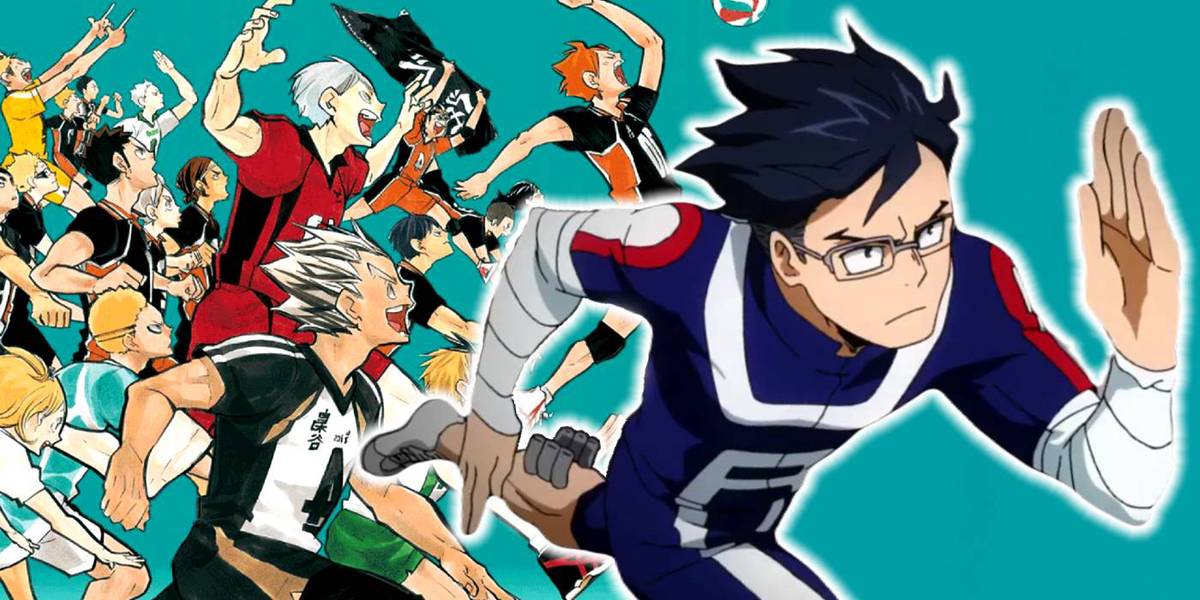
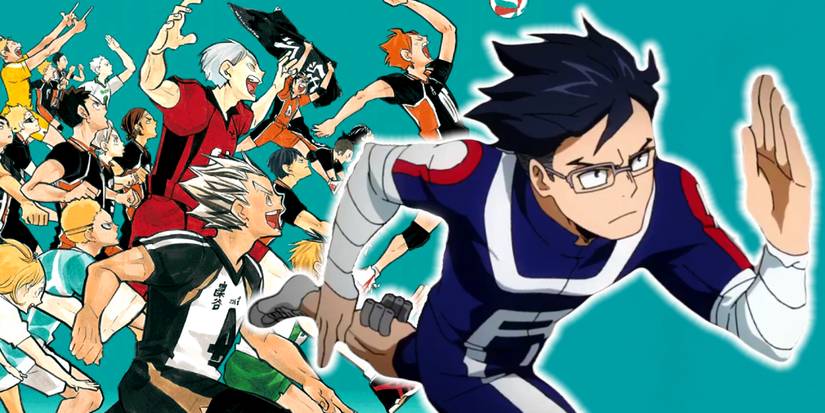



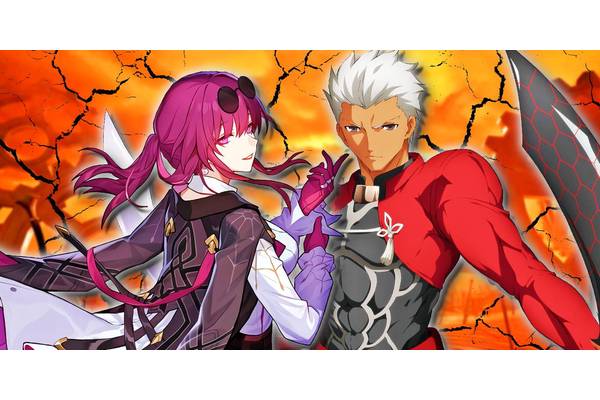
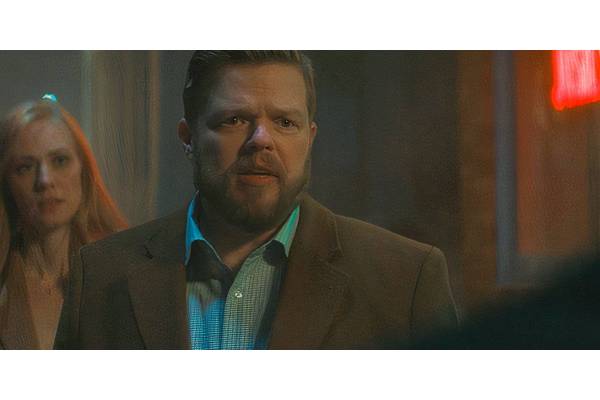
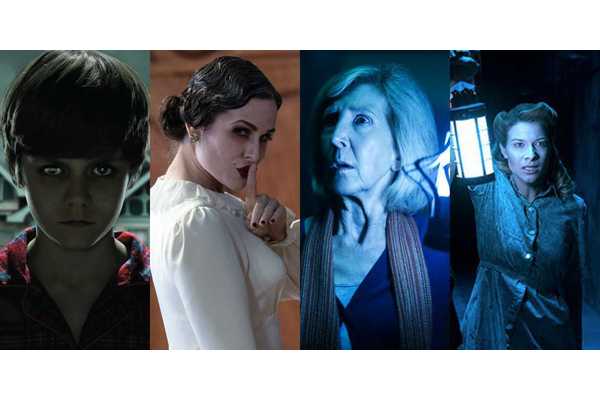
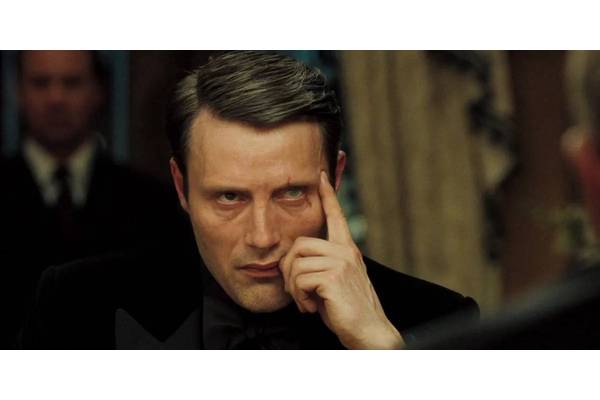
Your comment has not been saved